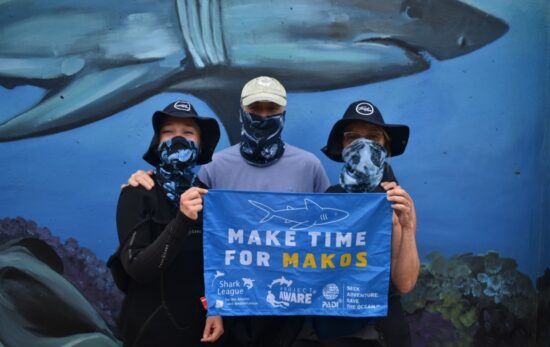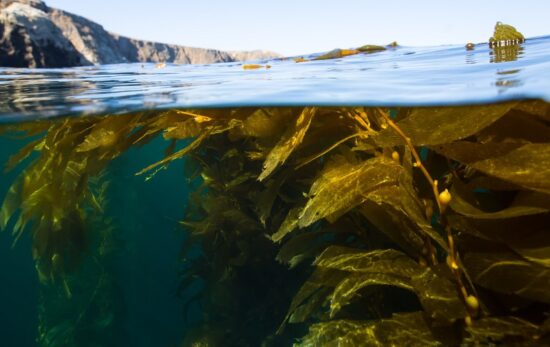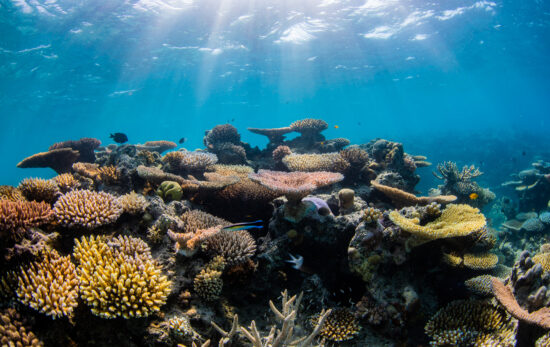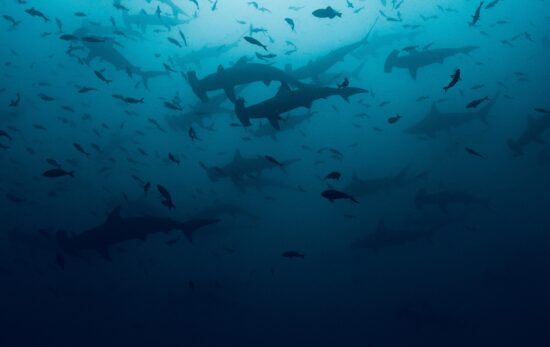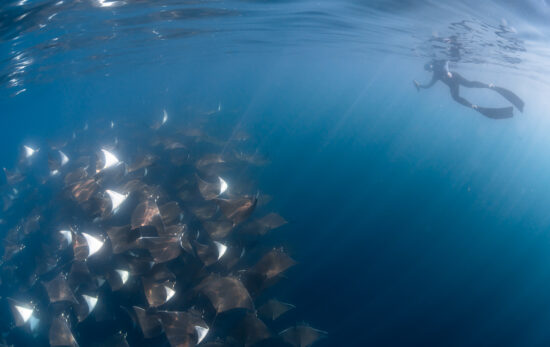Citizen science is public participation in scientific research that aims to address real-world problems.
Citizen science aims to answer big science questions under the guidance of professional scientists, usually involving lots of data and a scale that researchers could not manage alone.
Citizen scientists are members of the public volunteering their time by:
- Contributing to data collection by submitting their findings, or
- Analyzing and interpreting existing data.
Some citizen scientists will assist in other areas, too, including marketing and promotions, fundraising, or even basic admin work.
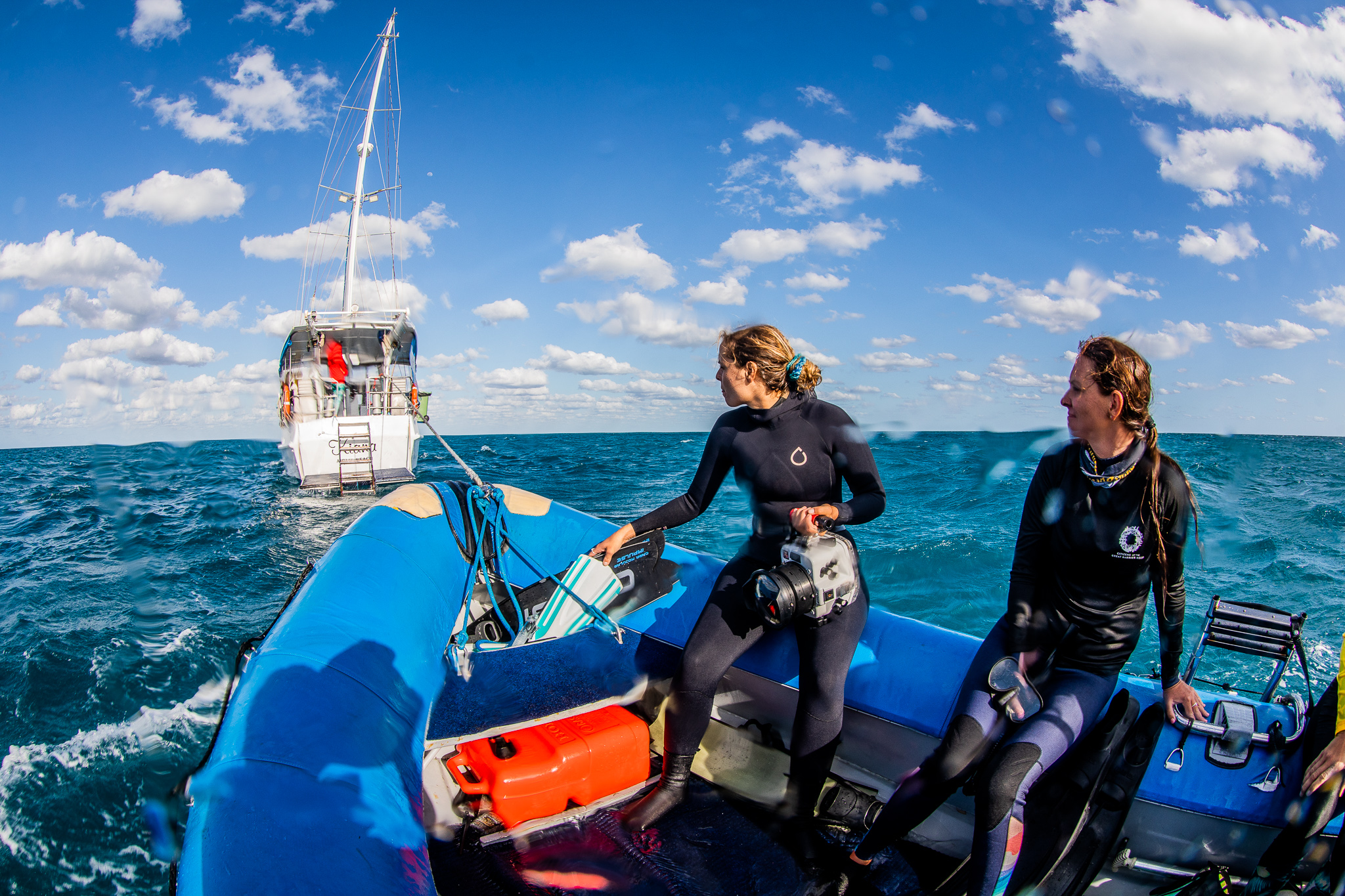
Depending on the project, citizen scientists do not need any particular skills or knowledge, just a degree of commitment – which can range from a few hours to a long-term involvement in the project. In the case of marine citizen science, as scuba divers, diving qualifications afford us the skills to engage in large-scale underwater citizen science projects and initiatives.
This ability is something totally unique to the diving community. No other community on the planet has ever been better equipped than we are today to build a realistic picture of what’s going on beneath the surface. This realistic picture of, for example coral health, marine debris, or species sightings, is exactly what’s needed by policymakers to implement proper protection measures for our blue planet.
And, engaging in citizen science goes beyond the satisfaction that comes from contributing to a research project, it can also benefit whole societies and communities.
A 2014 study done by researchers at Duke University (North Carolina, USA) indicated that participating in citizen science projects increases overall environmental awareness and can lead to increased support for conservation efforts. Participants in projects were likely to share what they’d done and advocate for the cause to their family and friends.
Some examples of leading citizen science projects that PADI Divers are already championing include:
- Dive Against Debris – The world’s largest marine debris citizen science project
- Coral Watch – Coral reef monitoring spread over 75+ countries
- Manta Matcher – An international database of manta ray sightings
- Wildbook for Whale Sharks – An international database of whale shark sightings
- The Great Reef Census – Community-led imaging and analysis to understand the health of the Great Barrier Reef
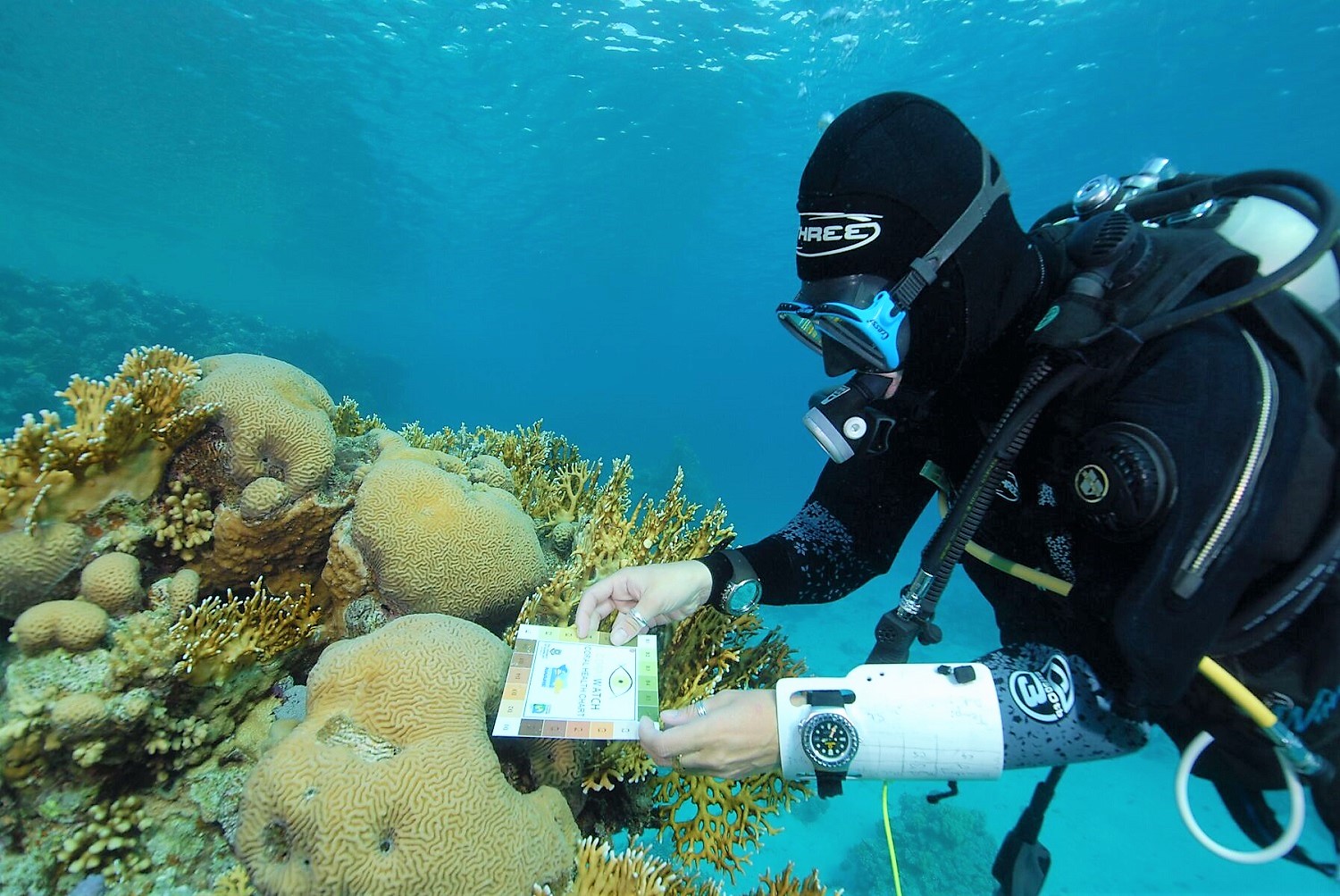
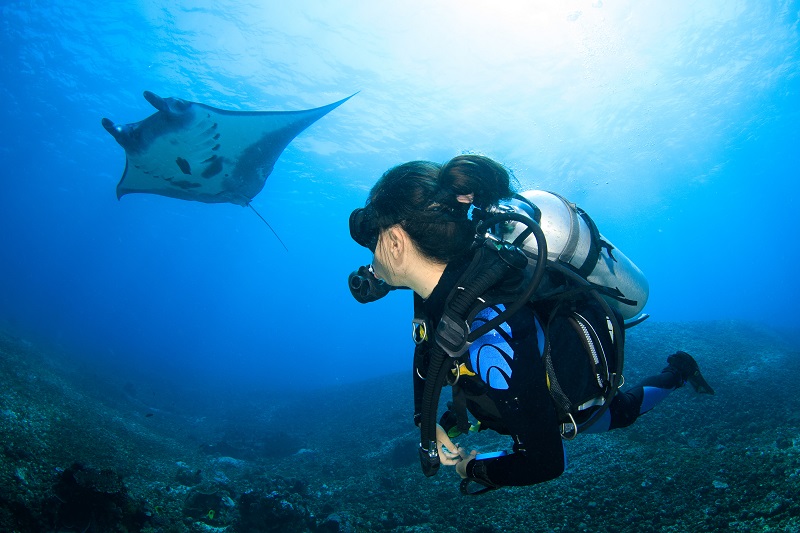
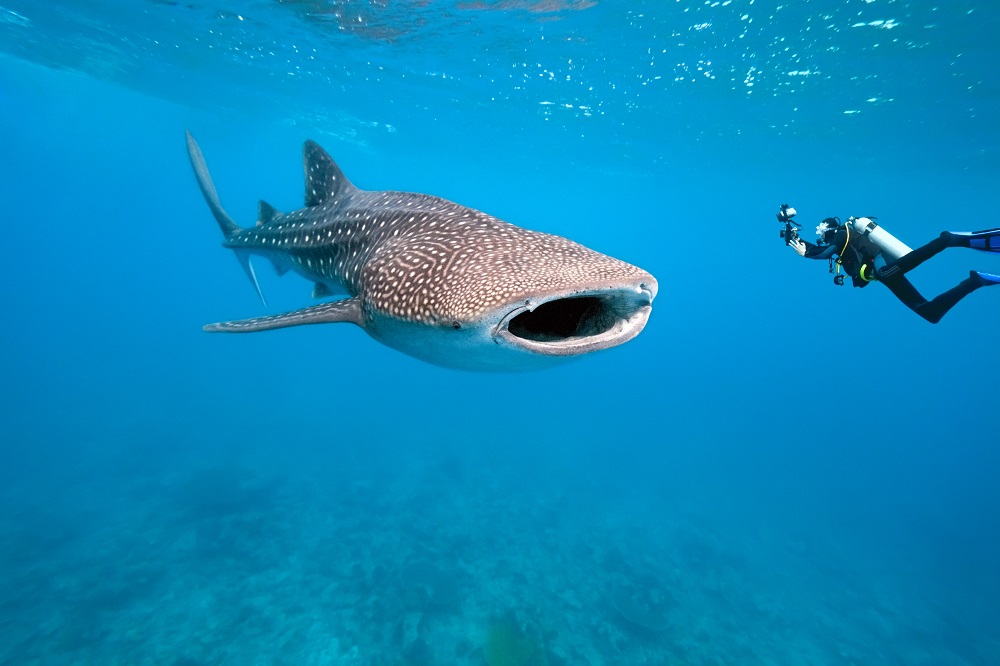
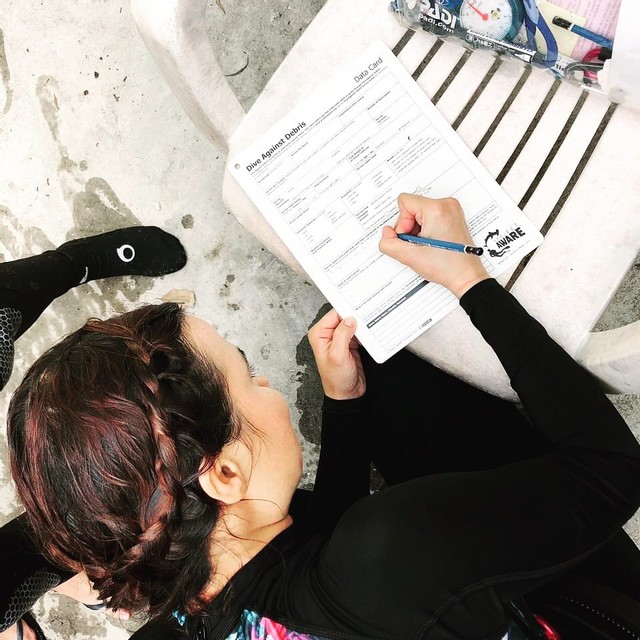
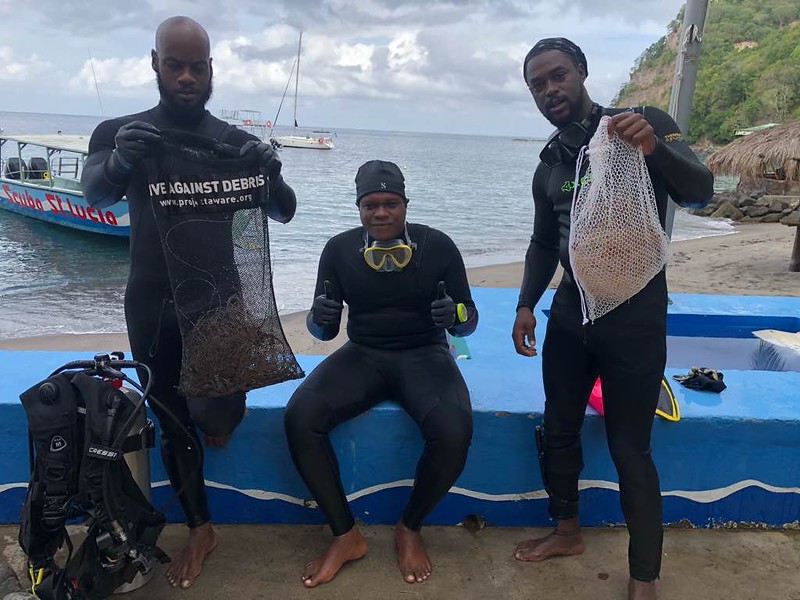
What Is the Value of Citizen Science?
Citizen science is all about informing. It’s the one research approach that can educate members of the public while progressing research and informing policy changes, which then creates even greater awareness. This is because citizen science projects are open to anybody willing to take part. Another benefit of citizen science is that it allows for experiments to run continuously and on a larger scale, providing a scope that may have otherwise been unavailable.
Not only can research involving citizen scientists provide large and diverse data sets, but this research is often invaluable when it comes to addressing a wide range of ecological research questions.
How Does Citizen Science Support Marine Research?
Participating in marine citizen science allows communities to develop their connection with the ocean while increasing their understanding of the local and global issues facing the marine environment. One study, led by PhD student McKenzie Johnson at the University of Illinois, USA, surveyed 115 people who had recently participated in citizen science projects in India. The study found that the knowledge gained help further population monitoring and species identification locally, but an added effect was that participants also became environmental advocates, continuing to share their new skills and motivations within their social networks to keep the project going past the anticipated finish time.
Our flagship marine conservation program, Dive Against Debris® does just that. Scuba divers are in a unique position to witness the destruction of the underwater environment due to marine debris, every time we go below the surface. Cleaning up our underwater sanctuaries immediately improves the health of the local ecosystems, but contributing these findings to our global citizen science database has far bigger implications in informing policy changes at local, national and international levels.
PADI AWARE Foundation’s Citizen Science Programs
The PADI AWARE Foundation houses the largest underwater citizen science database on the planet via the Dive Against Debris program. The data collected when divers log any debris they find underwater is intended to advance and inform policy and scientific research. Meaning the data you collect during your dives along with the hundreds of thousands of surveys conducted by other divers is of huge benefit to the marine environment, because it can be used to track trends in marine debris pollution.
In addition, the PADI AWARE Foundation is now working ona new Global Shark and Ray Census, which will become available in 2025. This census aims to track species populations and will be used to expand critical shark and ray habitat protection measures and contribute to the development of Marine Protected Areas (MPAs).
Together, these programs are vital to advancing the PADI Blueprint for Ocean Action. In particular, they will help us to rid the ocean of marine debris, protect endangered and vulnerable marine species, and multiply the number of marine protected areas.
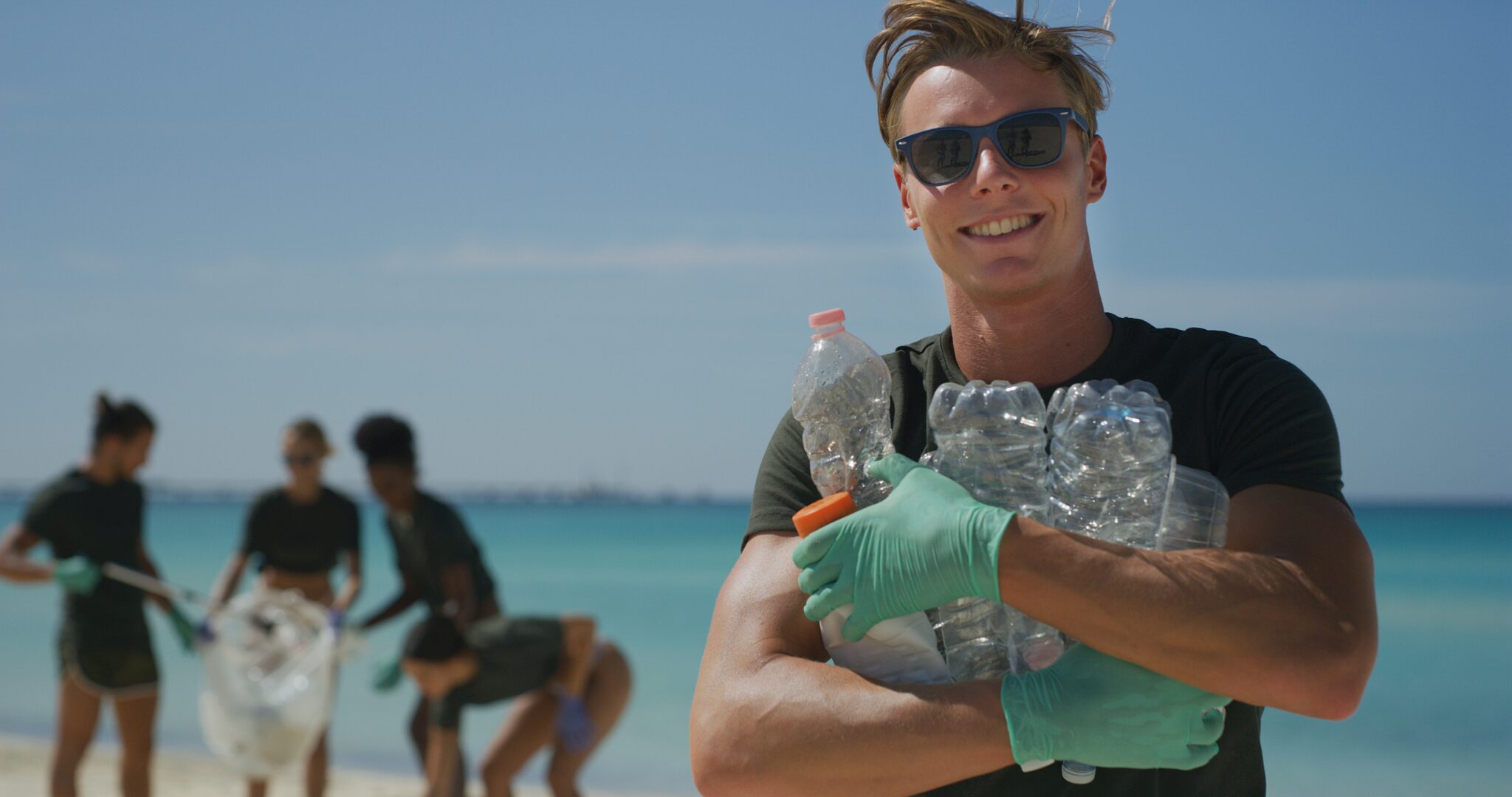
How To Get Involved
Here are a few ideas of ways you can get involved with citizen science:
- Visit the PADI AWARE Foundation’s Adopt the Blue Action Map to discover how PADI Dive Centers centers are helping to advance the PADI Blueprint for Ocean Action and protect their local waters by adopting dive sites around the globe. Reach out to any of the dive centers on the map and find out directly what volunteer opportunities are available.
- Contact a PADI Dive Center via the PADI DIve Shop Locator to find out what they are doing and how you can help. Whether at your local dive shop or at any of the operators in 183 countries and territories around the world, there are countless ways to get involved. Many dive centers work with local non-profits in the community and not all conservation projects require dive certifications. Ask the dive centers if they provide education opportunities to support the project above ground.
- Another great way to get involved in underwater citizen science and find conservation events and activities around the world is to book or connect directly with PADI Dive Centers on the Conservation Events Locator.
- Expand your competency and opportunities as a citizen scientist by becoming a diver or continue your diver education by taking more courses like Peak Performance Buoyancy and other conservation courses that PADI has to offer. Divers are some of the strongest ocean advocates because they are in a unique position to witness and report on threats facing the ocean, and to help effect change.
- Ask friends and family. It sounds obvious, but they may be involved in something you are not aware of.
- Contact your local PADI Dive Center and ask about any upcoming Dives Against Debris. If you are planning a dive trip, check with your tour leader.
- If you live in a coastal area, contact your local Coast Guard and ask if they know of any local projects.
- If you are visiting a destination known to have manta rays, familiarize yourself with Manta Matcher before you travel.
- Check searches online for local conservation NGOs or other nonprofit research-based initiatives.
- Look for groups on social media and ask for information on your own accounts, too.
Stay connected with the PADI Torchbearer community taking action to save the ocean at padi.com/conservation.
